In Conversation: Karen Hines
A note from Andrea Donaldson, Artistic Director of Nightwood Theatre:
When we had to make the heartbreaking decision to pull the plug on Karen Hines’ All the Little Animals I Have Eaten, we were about to go into tech. It was the reality of imagining the tech week process underscored by fear and uncertainty, imagining set pieces and lighting instruments abandoned in the theatre, and imagining folks travelling to work that made us make the call. My phone call to Karen was my first tear-filled conversation as an AD to an artist. I couldn’t imagine her heartbreak. Deep down she knew—we all (maybe) knew—that we were holding onto impossible hope and had to let go.
So, all I could say to our amazing supporters was that there would be some sort of creative documentation that we would offer—we didn’t know what. It took dozens of conversations to know if we had the will and unanimous agreement (and mental wellness) at our disposal to pull together a livestream while we grieved. That on top of caretaking, homeschooling, gorging on news, (and chasing down easements from associations who would never under normal circumstances allow us to do this), made us unsure.
But we wanted to create a moment of hope, thanks, and closure for our cast and creative team, as well as our community. To our knowledge 99% of tickets have been turned into donations, which speaks to the enormous generosity of the people who come and share moments in the dark with us.
As with everyone, we’ve been learning all sorts of hacks with Zoom to make our lives still roll. And it goes without saying that a reading on Zoom streamed over Youtube is no substitution for a production. But there is something amazing to appreciate in the resilience of our kind to put away our desire for the exquisite, the polished, and the transcendent to make way for the heart.
“The show must go on” is not true. We could have laid this one to bed. I deeply respect the majority of us who need to utterly shut down, succumb, and be anonymous right now. And we are working gently right now. But I think it’s been a real treat for us to rally around this little project, embrace this humble medium, and make something.
Below is a conversation Karen had with Intermission before everything went sideways. Though we had pulled it when our production went down, I think it offers some great insight for the reading on Friday night. (April 3rd at 7:30pm on Nightwood Theatre’s YouTube page. Click here for more details.)
With love from Andrea and all of us at Nightwood Theatre.
Karen Hines’ All the Little Animals I Have Eaten premiered in Calgary, 2017, a One Yellow Rabbit production. In 2020, Hines spearheaded a remount—and a rewrite—produced by Nightwood Theatre in association with Crow’s Theatre.

The All the Little Animals I Have Eaten team (from left to right): Lucy Hill, Zorana Sadiq, Gillian Gallow, Belinda Corpuz, Amanda Cordner, Karen Louise Hines, Amy Rutherford, Teiya Kasahara 笠原貞野, Ken James Stewart, and Maddie Bautista. Photo by Amanda Lin.
On how global events since the 2017 premiere of All the Little Animals I Have Eaten have influenced the remount
I’d say five days after we started rehearsing, Trump was elected. No one expected that. Maybe six months later was the Harvey Weinstein thing and #MeToo began. So yeah, between those two things, it would have been enough. But there have been so many reverberations around those things. It feels to me like the world has changed over and over.
I feel like the script I began with was primarily inspired by the Bechdel[-Wallace] Test. You remember that cute little Bechdel Test? (Giggles) That cute little feminist thing? Which is still an important test, an important cultural tool. However, at the time we premiered the play, it was kind of new to people. It was sort of a hip thing to know about and now it feels like it has receded into the background. It’s still there, it hasn’t changed but other things have asserted themselves in far more immediate ways. And so, the whole play changed [in this production.] Some of the scenes haven’t changed at all. But I have absolutely rewritten huge parts of the play to respond to the changes in the world.
On the practical changes made to reflect our current realities
The Bechdel Test took up about fifteen pages of the script and now it takes about maybe eight lines, max. Max. Now, this play is not about #MeToo, it’s not about Trump; but I had to understand, really understand and respect those things as cultural forces when I was rewriting. The play really is about its own little microcosm.
So [I asked myself,] what could I focus on that would pull all the threads together? And that for me was neoliberalism, capitalism, and market driven feminism. Because that is something I understand in my bones. I have been writing about consumer culture since I was in my twenties and I’ve been writing about the environment since I was in my twenties, and these are things that are of utmost importance to me. The play itself is not overtly about the environment but there are definitely aspects of it. I went back through—I don’t know if you are a knitter but do you know about dropped stitches? I went through and dropped a bunch of stitches and picked them up differently with a different colour thread.
On feminism and writing about women
[I] can’t say what feminism is these days because it’s so fractured. Feminists are fighting feminists, and women claiming they are not feminists when they absolutely are in terms of the definition of feminism and pay equity. The arguments around trans women and the so-called feminists who claim that these women are not women. These arguments are so divisive, nothing is cohesive. So, I couldn’t write about feminism and it was never meant to be about feminism. It was meant to be an experiment, a Bechdel Test inspired experiment wherein I would see what all kinds of scenes between two women could be played out onstage without them talking about men.I think that there was a time when we would go to see a show and there would be five men and we wouldn’t bat an eye or think that it was about men. It was about real estate agents or it was about doctors or whatever. But with five women on the stage we’re still as a culture green enough that typically anything with that many women has been feminist. And so to ask people to leap over that and embrace what it actually is which includes so many more things, I think it’s asking a lot.
On framing the ghosts of authors past
I had an interview this morning where somebody had read the play and said, “So you’ve got these feminist ghosts in the play,” and I said that I don’t see them as feminist ghosts, I see them as artists who happen to be female. I would say that many of them would not call themselves feminists; that wasn’t on their radar, these dead authors. Virginia Woolf was on the record saying she doesn’t want to be referred to as a feminist. Not in the same way that women today, certain women who say they don’t want to be seen as feminists because they think of second-wave feminism being really humourless and not sexy and that kind of thing. She wasn’t there, she was of course turn of the century; she was more talking about that she just didn’t want her work to be perceived by people in a limiting way.
On what makes the All the Little Animals cast unique
I think it [makes it] really interesting that all the actors are creators. People who are creators come at the work slightly differently; they have different questions. [Their] questions [tend] to be more about the overall content as much as about their own characters. They have writer questions as much as they have actor questions, which I find really interesting and enlivening in a room!

Stage manager Ken James Stewart and Karen Hines in rehearsal for All the Little Animals I Have Eaten. Photo by Amanda Lin.

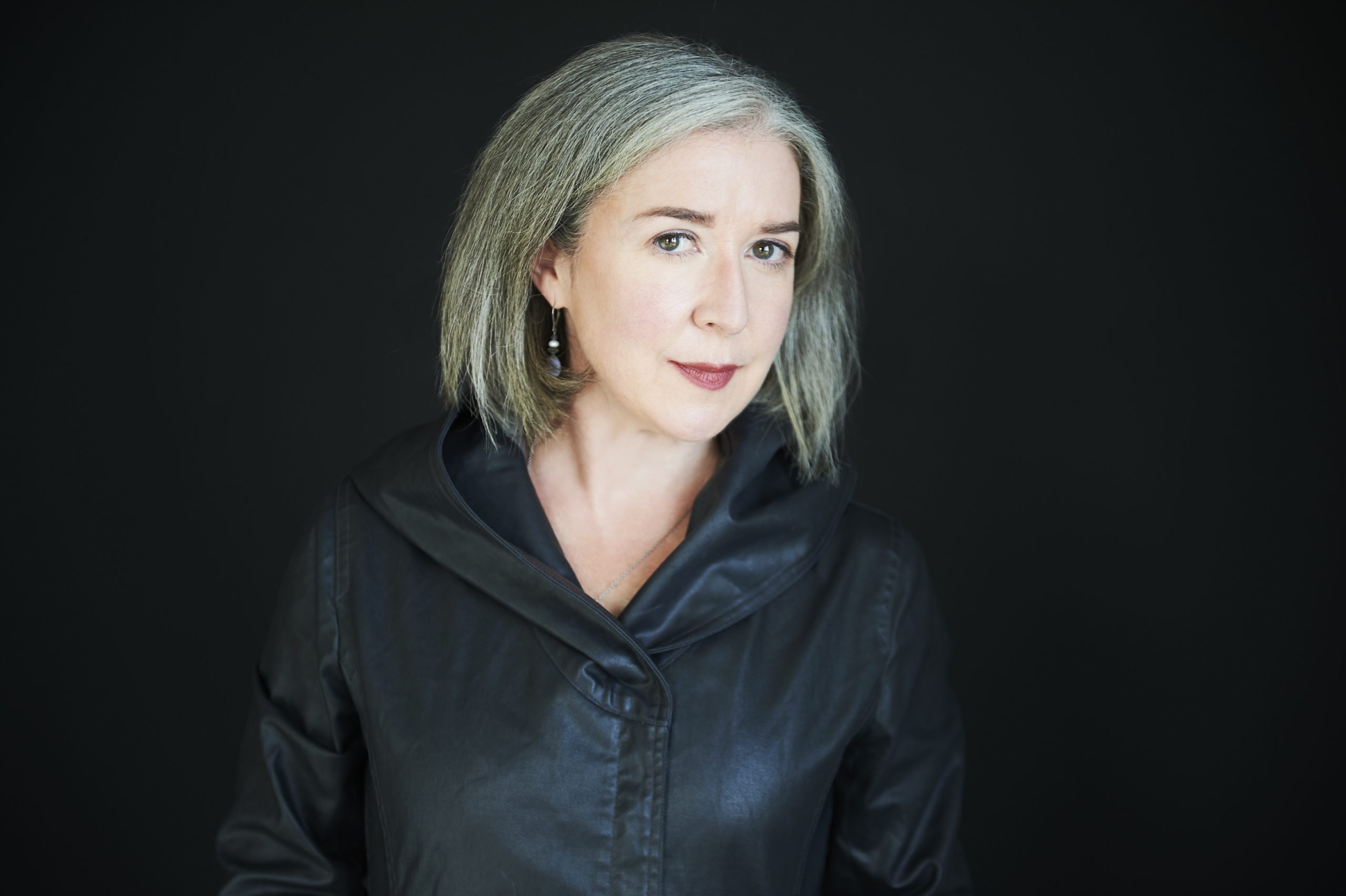
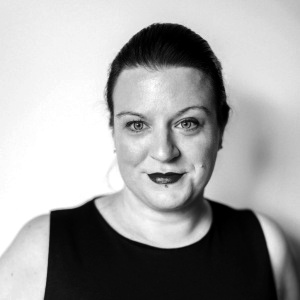






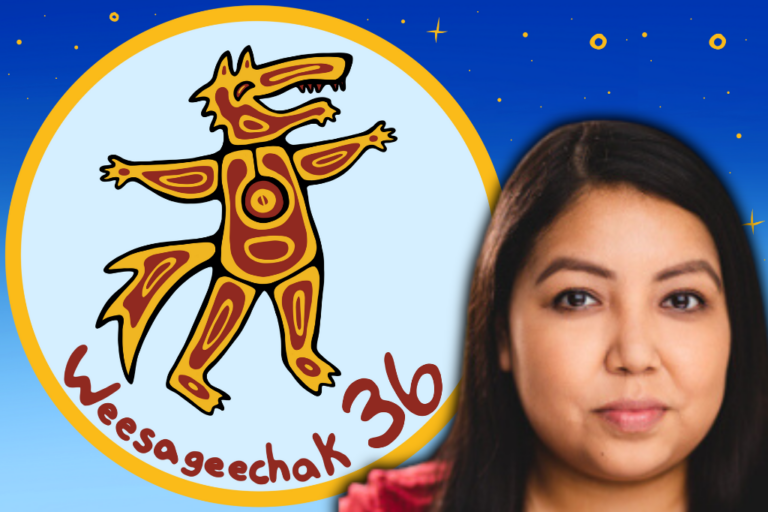
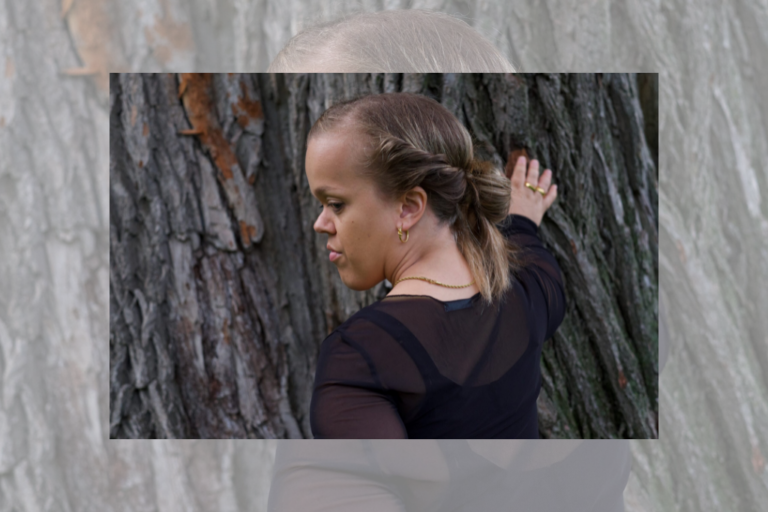
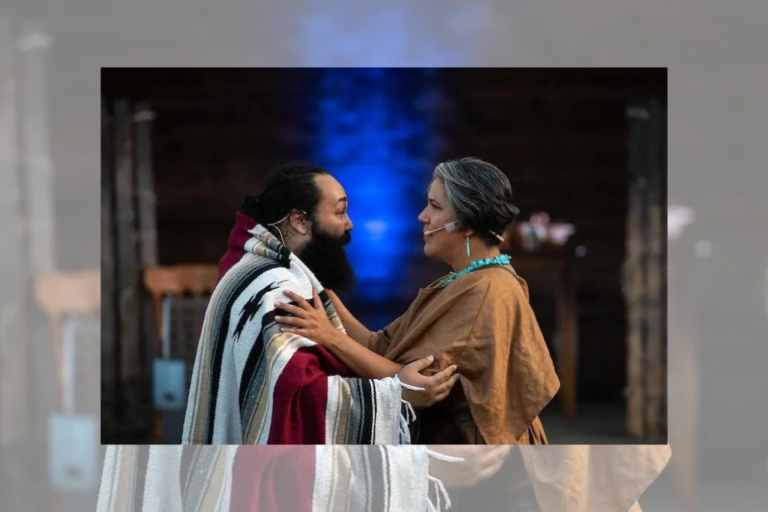
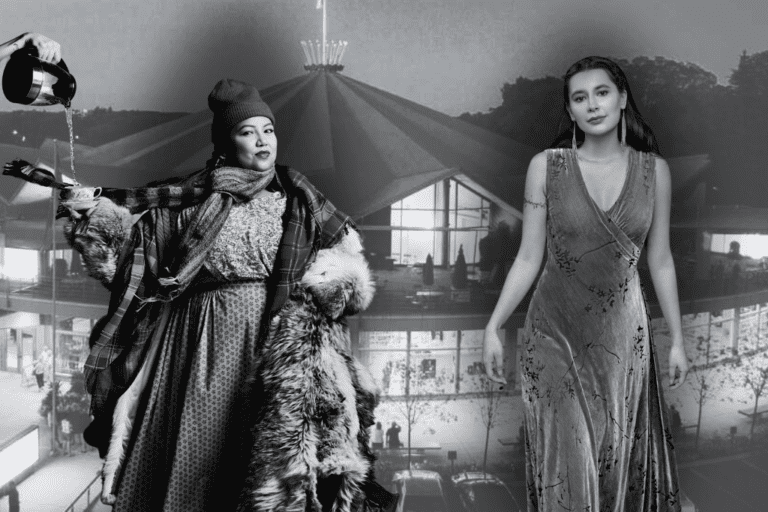
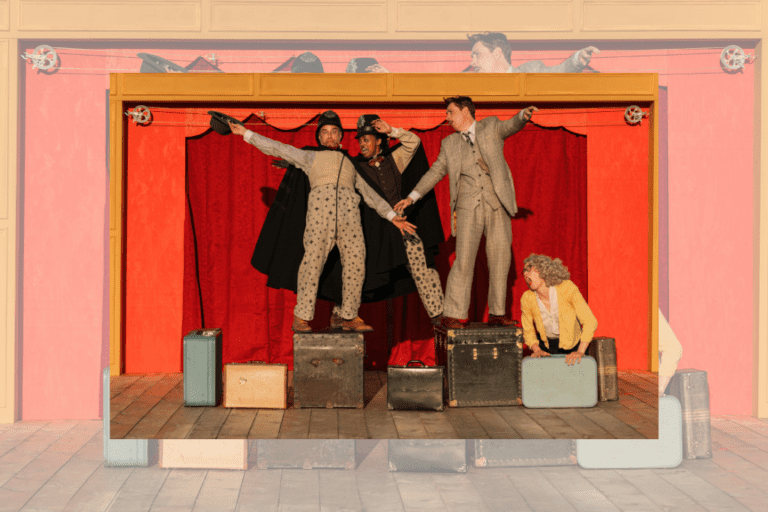
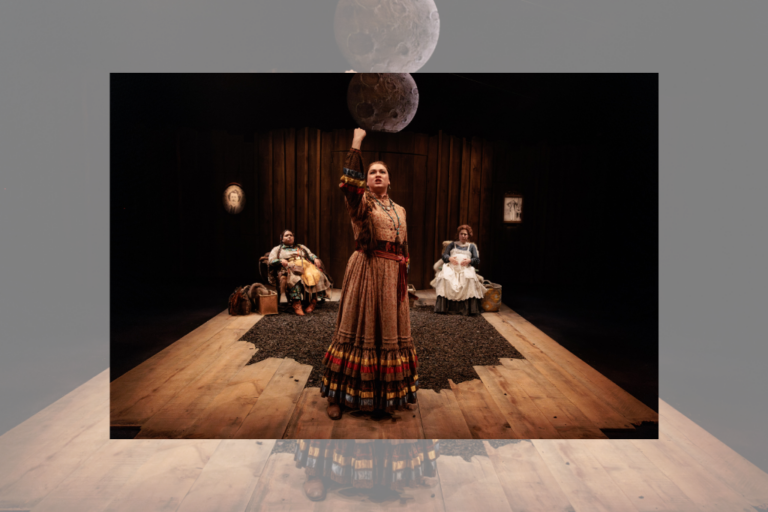
Comments